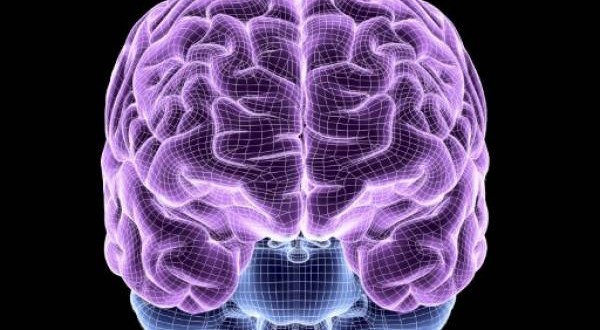A recent study conducted at New York University reveals that both sides of human brains are used for speech.
According to Bijan Pesaran from the Centre for Neural Science at NYU, these latest findings have turned over the fact hitherto accepted by the scientists all across the world.
Scientific community has largely believed that both speech and language are lateralised that is, we use only one side of our brains for speech, which involves listening and speaking, and language, which involves constructing and understanding sentences.
However, the conclusions pertaining to speech generally stem from studies that rely on indirect measurements of brain activity, raising questions about characterising speech as lateralised.
To address this matter, the researchers directly examined the connection between speech and the neurological process.
Specifically, the study relied on data collected at NYU ECoG, a centre where brain activity is recorded directly from patients implanted with specialised electrodes placed directly inside and on the surface of the brain while the patients are performing sensory and cognitive tasks.
Here, the researchers examined brain functions of patients suffering from epilepsy by using methods that coincided with their medical treatment.
The researchers tested the parts of the brain that were used during speech. Here, the study’s subjects were asked to repeat two “non-words” “kig” and “pob.”
Using non-words as a prompt to gauge neurological activity, the researchers were able to isolate speech from language.
An analysis of brain activity as patients engaged in speech tasks showed that both sides of the brain were used that is, speech is, in fact, bi-lateral.
“Now that we have greater insights into the connection between the brain and speech, we can begin to develop new ways to aid those trying to regain the ability to speak after a stroke or injuries resulting in brain damage,” said Pesaran.
“With this greater understanding of the speech process, we can retool rehabilitation methods in ways that isolate speech recovery and that don’t involve language,” Pesaran said.
Agencies/Canadajournal

 Canada Journal – News of the World Articles and videos to bring you the biggest Canadian news stories from across the country every day
Canada Journal – News of the World Articles and videos to bring you the biggest Canadian news stories from across the country every day

